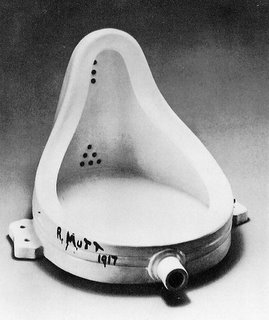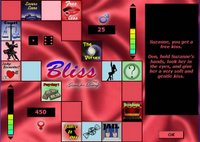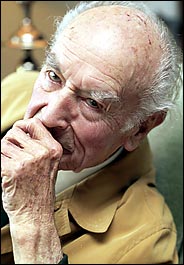
January 7, 2006
The New York Times
Nearly 100, LSD's Father Ponders His 'Problem Child'
By CRAIG SMITH
BURG, Switzerland
ALBERT Hofmann, the father of LSD, walked slowly across the small corner office of his modernist home on a grassy Alpine hilltop here, hoping to show a visitor the vista that sweeps before him on clear days. But outside there was only a white blanket of fog hanging just beyond the crest of the hill. He picked up a photograph of the view on his desk instead, left there perhaps to convince visitors of what really lies beyond the windowpane.
Mr. Hofmann will turn 100 on Wednesday, a milestone to be marked by a symposium in nearby Basel on the chemical compound that he discovered and that famously unlocked the Blakean doors of perception, altering consciousnesses around the world. As the years accumulate behind him, Mr. Hofmann's conversation turns ever more insistently around one theme: man's oneness with nature and the dangers of an increasing inattention to that fact.
"It's very, very dangerous to lose contact with living nature," he said, listing to the right in a green armchair that looked out over frost-dusted fields and snow-laced trees. A glass pitcher held a bouquet of roses on the coffee table before him. "In the big cities, there are people who have never seen living nature, all things are products of humans," he said. "The bigger the town, the less they see and understand nature." And, yes, he said, LSD, which he calls his "problem child," could help reconnect people to the universe.
Rounding a century, Mr. Hofmann is physically reduced but mentally clear. He is prone to digressions, ambling with pleasure through memories of his boyhood, but his bright eyes flash with the recollection of a mystical experience he had on a forest path more than 90 years ago in the hills above Baden, Switzerland. The experience left him longing for a similar glimpse of what he calls "a miraculous, powerful, unfathomable reality."
"I was completely astonished by the beauty of nature," he said, laying a slightly gnarled finger alongside his nose, his longish white hair swept back from his temples and the crown of his head. He said any natural scientist who was not a mystic was not a real natural scientist. "Outside is pure energy and colorless substance," he said. "All of the rest happens through the mechanism of our senses. Our eyes see just a small fraction of the light in the world. It is a trick to make a colored world, which does not exist outside of human beings."
He became particularly fascinated by the mechanisms through which plants turn sunlight into the building blocks for our own bodies. "Everything comes from the sun via the plant kingdom," he said.
MR. HOFMANN studied chemistry and took a job with the Swiss pharmaceutical company Sandoz Laboratories, because it had started a program to identify and synthesize the active compounds of medically important plants. He soon began work on the poisonous ergot fungus that grows in grains of rye. Midwives had used it for centuries to precipitate childbirths, but chemists had never succeeded in isolating the chemical that produced the pharmacological effect. Finally, chemists in the United States identified the active component as lysergic acid, and Mr. Hofmann began combining other molecules with the unstable chemical in search of pharmacologically useful compounds.
His work on ergot produced several important drugs, including a compound still in use to prevent hemorrhaging after childbirth. But it was the 25th compound that he synthesized, lysergic acid diethylamide, that was to have the greatest impact. When he first created it in 1938, the drug yielded no significant pharmacological results. But when his work on ergot was completed, he decided to go back to LSD-25, hoping that improved tests could detect the stimulating effect on the body's circulatory system that he had expected from it. It was as he was synthesizing the drug on a Friday afternoon in April 1943 that he first experienced the altered state of consciousness for which it became famous. "Immediately, I recognized it as the same experience I had had as a child," he said. "I didn't know what caused it, but I knew that it was important."
When he returned to his lab the next Monday, he tried to identify the source of his experience, believing first that it had come from the fumes of a chloroform-like solvent he had been using. Inhaling the fumes produced no effect, though, and he realized he must have somehow ingested a trace of LSD. "LSD spoke to me," Mr. Hofmann said with an amused, animated smile. "He came to me and said, 'You must find me.' He told me, 'Don't give me to the pharmacologist, he won't find anything.' "
HE experimented with the drug, taking a dose so small that even the most active toxin known at that time would have had little or no effect. The result with LSD, however, was a powerful experience, during which he rode his bicycle home, accompanied by an assistant. That day, April 19, later became memorialized by LSD enthusiasts as "bicycle day."
Mr. Hofmann participated in tests in a Sandoz laboratory, but found the experience frightening and realized that the drug should be used only under carefully controlled circumstances. In 1951, he wrote to the German novelist Ernst Junger, who had experimented with mescaline, and proposed that they take LSD together. They each took 0.05 milligrams of pure LSD at Mr. Hofmann's home accompanied by roses, music by Mozart and burning Japanese incense. "That was the first planned psychedelic test," Mr. Hofmann said.
He took the drug dozens of times after that, he said, and once experienced what he called a "horror trip" when he was tired and Mr. Junger gave him amphetamines first. But his hallucinogenic days are long behind him.
"I know LSD; I don't need to take it anymore," Mr. Hofmann said. "Maybe when I die, like Aldous Huxley," who asked his wife for an injection of LSD to help him through the final painful throes of his fatal throat cancer.
But Mr. Hofmann calls LSD "medicine for the soul" and is frustrated by the worldwide prohibition that has pushed it underground. "It was used very successfully for 10 years in psychoanalysis," he said, adding that the drug was hijacked by the youth movement of the 1960's and then demonized by the establishment that the movement opposed. He said LSD could be dangerous and called its distribution by Timothy Leary and others "a crime."
"It should be a controlled substance with the same status as morphine," he said.
Mr. Hofmann lives with his wife in the house they built 38 years ago. He raised four children and watched one son struggle with alcoholism before dying at 53. He has eight grandchildren and six great-grandchildren. As far as he knows, no one in his family besides his wife has tried LSD.
Mr. Hofmann rose, slightly stooped and now barely reaching five feet, and walked through his house with his arm-support cane. When asked if the drug had deepened his understanding of death, he appeared mildly startled and said no. "I go back to where I came from, to where I was before I was born, that's all," he said.
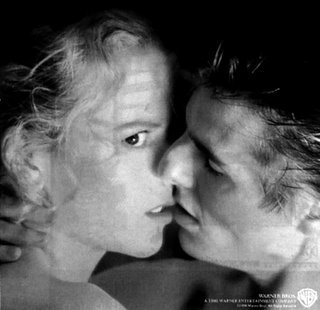

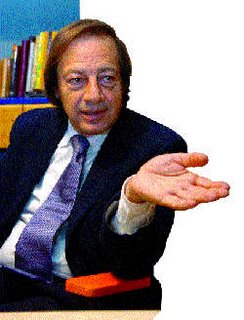
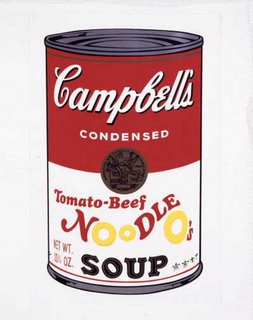 Andy Warhol was an artist. He was also a businessman. As he famously quipped, "Being good in business is the most fascinating kind of art." Warhol was great at both.
Andy Warhol was an artist. He was also a businessman. As he famously quipped, "Being good in business is the most fascinating kind of art." Warhol was great at both.
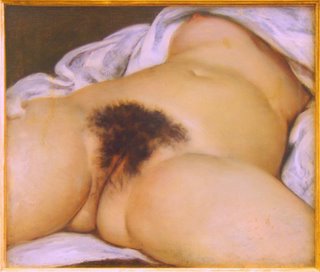
 Сликата горе е од Густав Курбе. Еден од првите анархисти сликари тој бил во Франција во 19 век гонет поради неговите политички ставови околу класните разлики. Сликата „Потеклото на светот“ цели 120 години била скриена од јавноста.
Сликата горе е од Густав Курбе. Еден од првите анархисти сликари тој бил во Франција во 19 век гонет поради неговите политички ставови околу класните разлики. Сликата „Потеклото на светот“ цели 120 години била скриена од јавноста. 